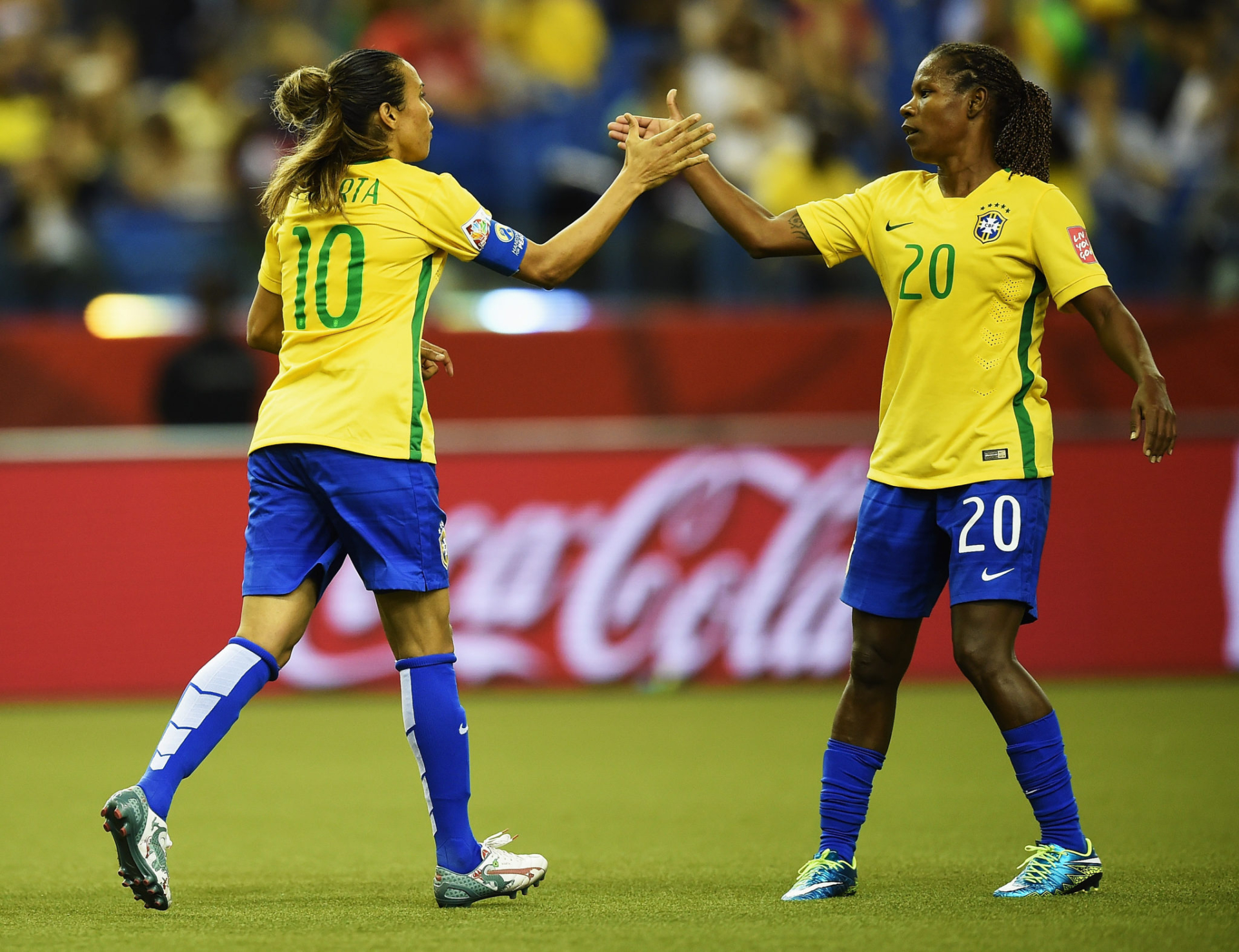Empowering Women’s Soccer: From Bans to Global Support
Women’s Soccer: From Bans to Global Support
Women’s soccer has had a turbulent past, with bans and limits imposed in various nations due to social attitudes and gender biases. However, as opinions have changed, the sport has risen enormously, gaining global popularity and respect. This blog will look at the countries that originally prohibited women’s soccer, the progress that has been accomplished in recent years, and the necessity of worldwide support to further empower women in football.
Brazil, Germany, England, France, and Australia were among the countries that had prohibited women’s soccer. These restrictions reduced chances for female players and maintained the impression that soccer was just for men. The prohibitions represented the greater cultural hurdles that women faced in breaking gender norms to gain equality in sports.
Despite the bans, women’s soccer persevered. Female athletes defied stereotypes and played informally, showcasing their talent and passion for the game. The turning point came in the 1970s when the bans were lifted, opening doors for women to pursue professional careers in soccer.
The establishment of the Women’s World Cup in 1991 by FIFA was a game-changer. The tournament provided a global stage for women’s soccer and captivated audiences, demonstrating the skill and competitiveness of female players. The success of the tournament, along with the rise of international stars like Mia Hamm, paved the way for more investment and recognition in women’s soccer.
In recent years, women’s soccer has seen significant growth and increased opportunities. Professional leagues around the world, such as the NWSL in the United States, the WSL in England, and the Division 1 Féminine in France, have emerged, offering high-level competition and visibility for female players.
However, it is essential to acknowledge that progress towards gender equality in soccer has not been without challenges. Despite improvements in many areas, issues such as the gender pay gap persist. FIFA, for example, has faced criticism for backtracking on its pledge to pay $30,000 to every player participating in the Women’s World Cup, a significantly lower amount compared to the men’s prize money.
In addition to pay disparities, women’s soccer continues to grapple with unequal resources, sponsorship opportunities, and media coverage compared to the men’s game. These discrepancies highlight the importance of ongoing advocacy and global support to further empower women in football.
Addressing the disparities and challenges faced by women’s soccer requires collective action and global support. Football governing bodies, sponsors, and media outlets play a pivotal role in advancing the sport. They must not only commit to providing equal financial opportunities but also invest in development programs, coaching, and infrastructure for women’s soccer.
Promoting women’s soccer from grassroots levels is equally critical. Encouraging participation among young girls, breaking down gender stereotypes, and offering equal opportunities in school and community programs can foster talent and passion for the sport.
Furthermore, fans and supporters have a significant role to play. By advocating for gender equality in soccer and actively engaging with women’s matches, they can help create demand for increased media coverage and sponsorships.
Women’s soccer has made remarkable strides over the years, overcoming bans and restrictions to gain global popularity and recognition. However, it is essential to acknowledge the existing disparities and challenges that continue to hinder gender equality in the sport.
Global support and collective action are instrumental in advancing women’s soccer. Football governing bodies, sponsors, media outlets, fans, and supporters must work together to create an inclusive and equitable environment for female athletes. By investing in the growth and development of women’s soccer, we can foster a future where every player has an equal opportunity to excel and inspire generations to come. Together, let us champion women’s soccer and promote a world where talent, passion, and dedication are celebrated, irrespective of gender, on the pitch.
What Our Clients Say
Get in Touch with Ivory Futbol Academy
Join Our Soccer Training Program Today!
Take the first step towards becoming a soccer star. Enroll in our comprehensive training programs at Ivory Futbol Academy and elevate your game to the next level.

